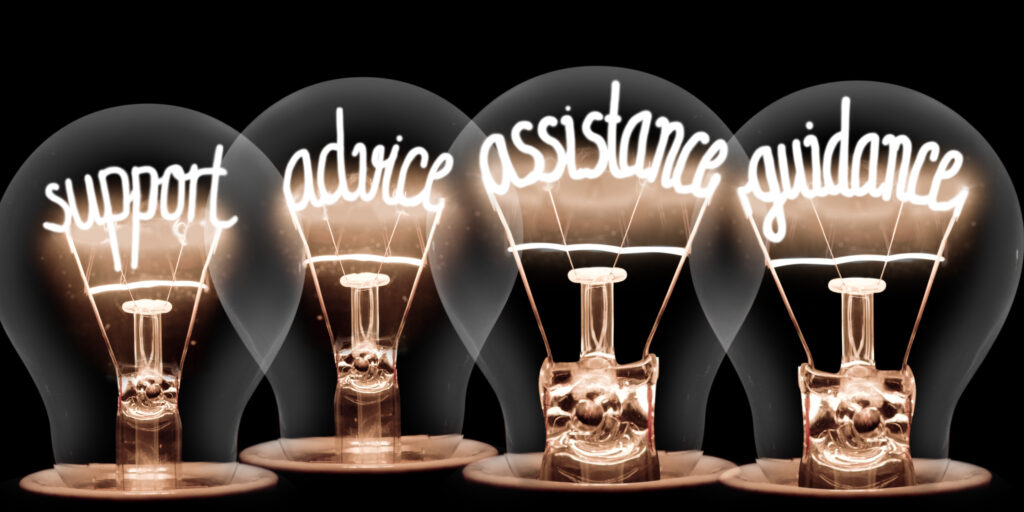
Duty of Care
I haven’t written for a while, but lately I acknowledged something uncomfortable that has been niggling away at me for a while. With another lockdown looming, I remembered the first 5 days of the lockdown in March, when I had to give serious thought to how to continue the work with my clients, as the world had changed overnight and usual practice came to an abrupt halt. However, while the world had changed, clients’ needs hadn’t, with the added confrontation of covid19. I felt it was my responsibility not to let covid get in the way of delivering a service that people wanted and used on a regular basis, and who continued to need support for their drug and alcohol use, before, during and after(?) covid.
Given that I came into this field to support vulnerable people, who are experiencing difficulties in their life and wanted to help them to reach their full potential,
I have always gone out of my way to deliver that duty of care to the client, because I have always treated them as I would want a professional to treat me if I was the client. While Covid has been an eye opener for me, it has been a difficult time for everyone with little time to prepare and leading to consequences that are fatal for some and a personal transformation for others. Then there are the examples of exploitation with the price increase in essential goods pre and during lockdown and equally, there are the beautiful and generous acts of kindness between strangers that has helped save lives, and minds.
For vulnerable people, covid provides additional issues including isolation and potential dis-connect from others that can lead to deteriorating mental health as well as increased drug or alcohol use. Perhaps therefore what we human beings need most is connection with others, regularly.
Which brings me back to the uncomfortable niggly feeling that I have had particularly after talking to many drug and alcohol workers around the country and feel saddened by some of the things that I have heard regarding current treatment.
Both clients and workers have told me that many services have not re-started their previously full-time group-work programmes since March 2020. It is also reported that clients who would previously have been seen either fortnightly or weekly, now receive as little as a 10-minute phone call once a month. How can it be more work to call a client than to see a client??
I find it astounding that in 2020, when all services have access to technology, there can possibly be a justification for not providing a regular online service to clients and ensuring they have access to it. And in the meantime, why not call clients, regularly. Working at home avoids the hours added on for travel and lets you maybe work a little later to just finish those calls, as it may mean a lot more to the person you’re calling than it does to you. By also working with other services, this is a time that every client could be getting wrap- around care in order to reduce the prospect of their substance use getting out of control because of the dis-connection that can accompany covid.
It is now nearly 8 months since the first lockdown, and we are getting ready for the next one. We should be role-modelling change to our vulnerable clients, and not making them feel that they are overlooked. From a therapeutic perspective, we could be tapping into their biggest insecurities such as rejection or abandonment, and to know that is to tread with care.
Private companies, this could be a time that we take on some private clients free of charge to give back to our community. Especially clients who are no longer getting the support that they used to receive from mainstream services.
Again I have to repeat, this is not about putting down the field as there is some brilliant work being done. But as an organization or an individual worker, we have to ask, has covid19 got in the way of delivering an on-going qualitative service to your clients?
If the answer is yes, then it is time for changes so that our clients get the service that they deserve.
For drug and alcohol users, who are either in treatment or waiting to get in, this is a very difficult time. Many clients say to me “I haven’t got another relapse left in me”
I know some services are doing some brilliant work to support clients over this period. But it has to be said that in many cases, clients feel punished for a virus that was no fault of their own.


